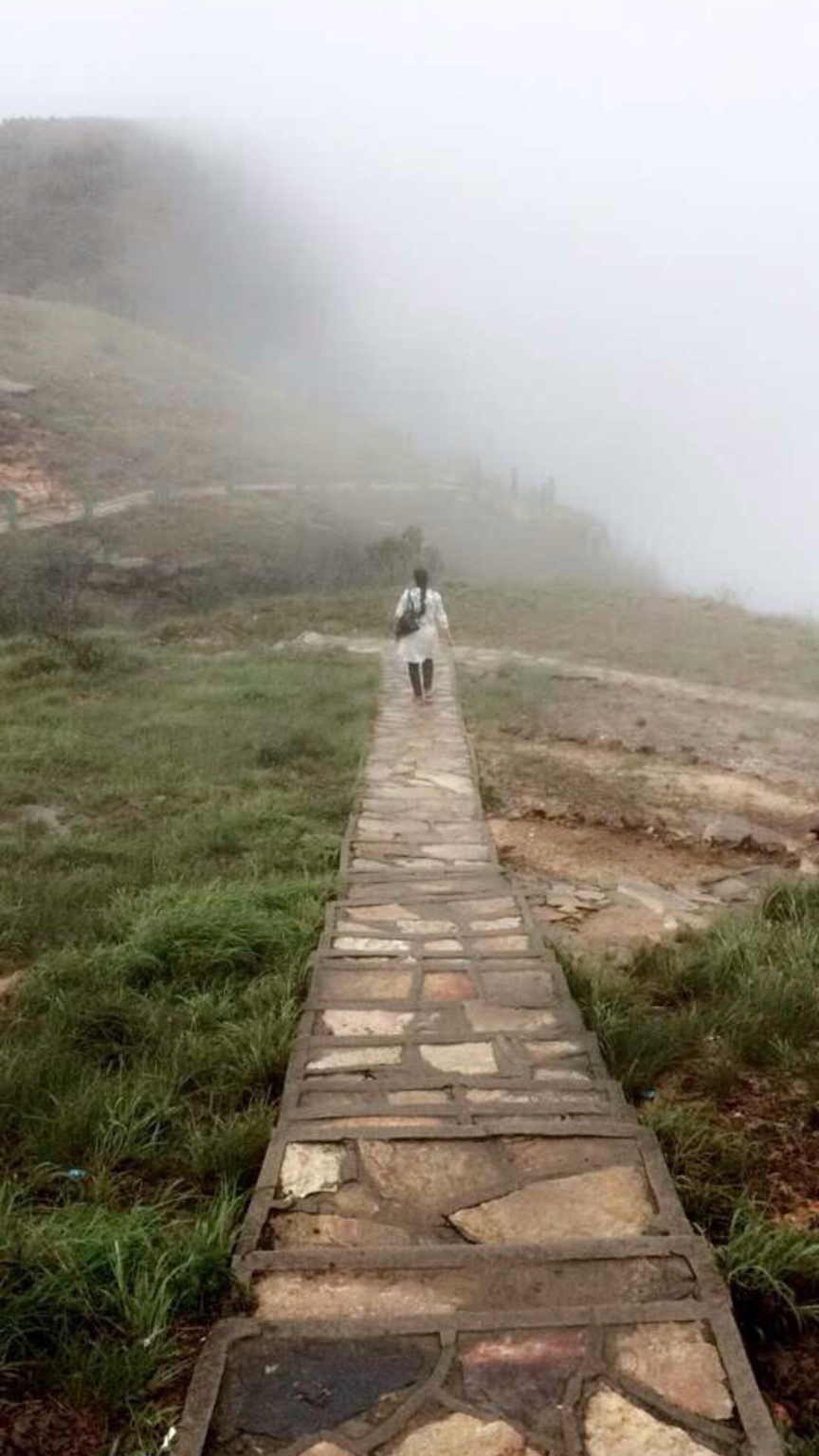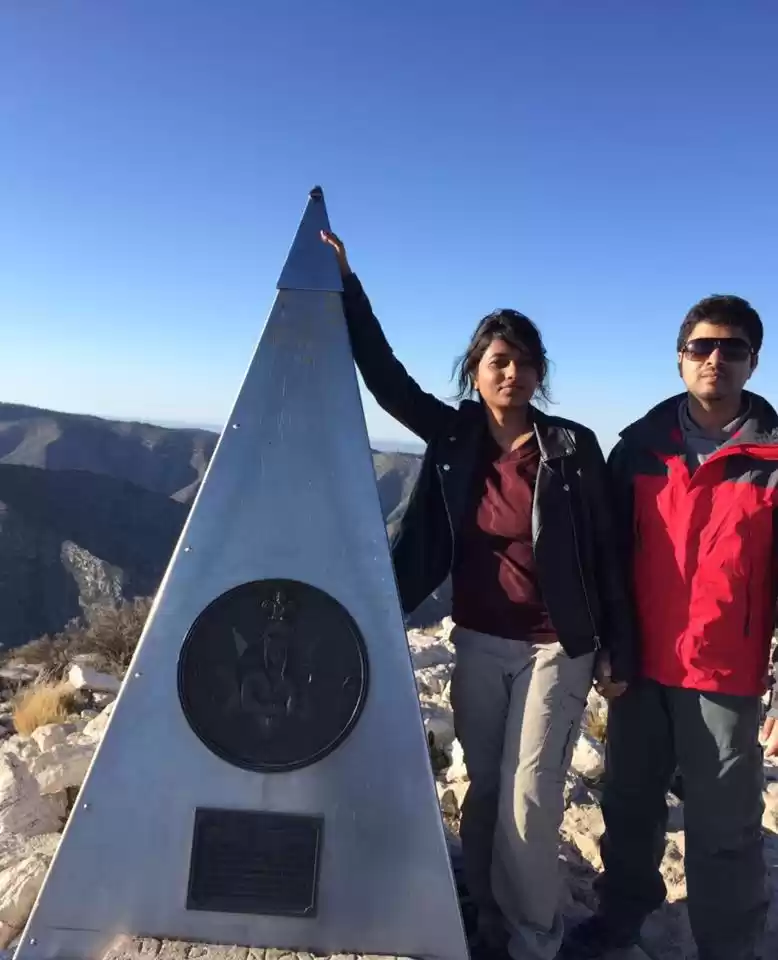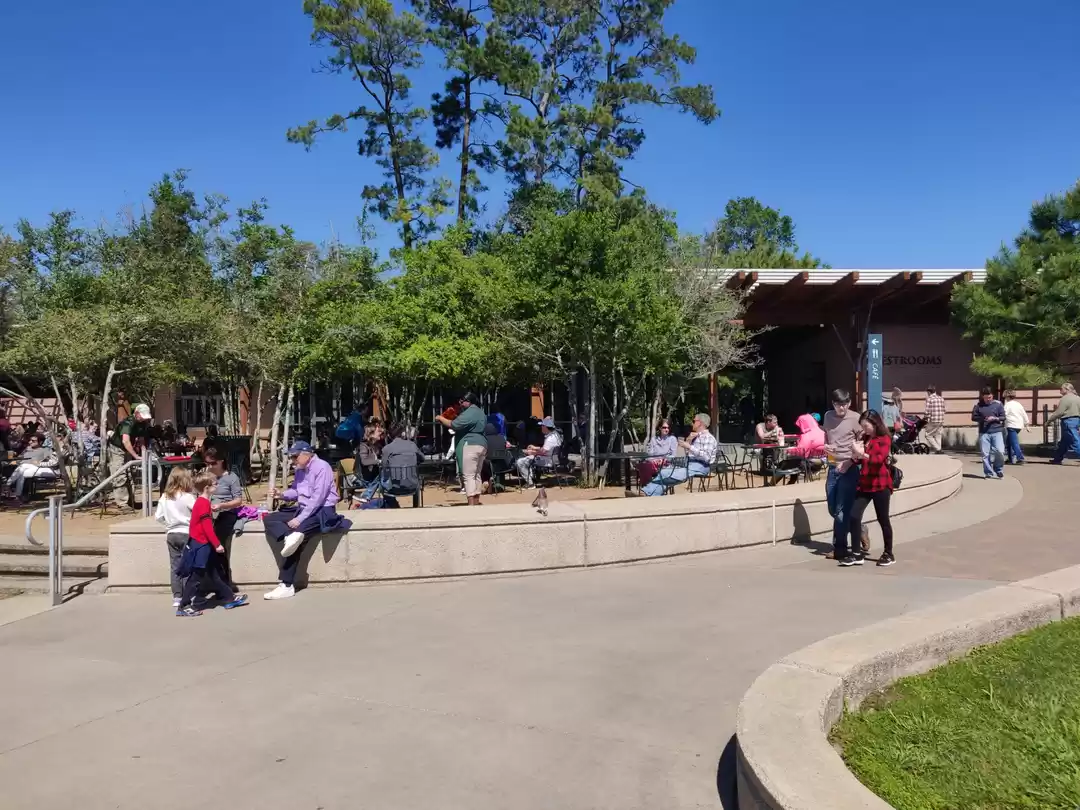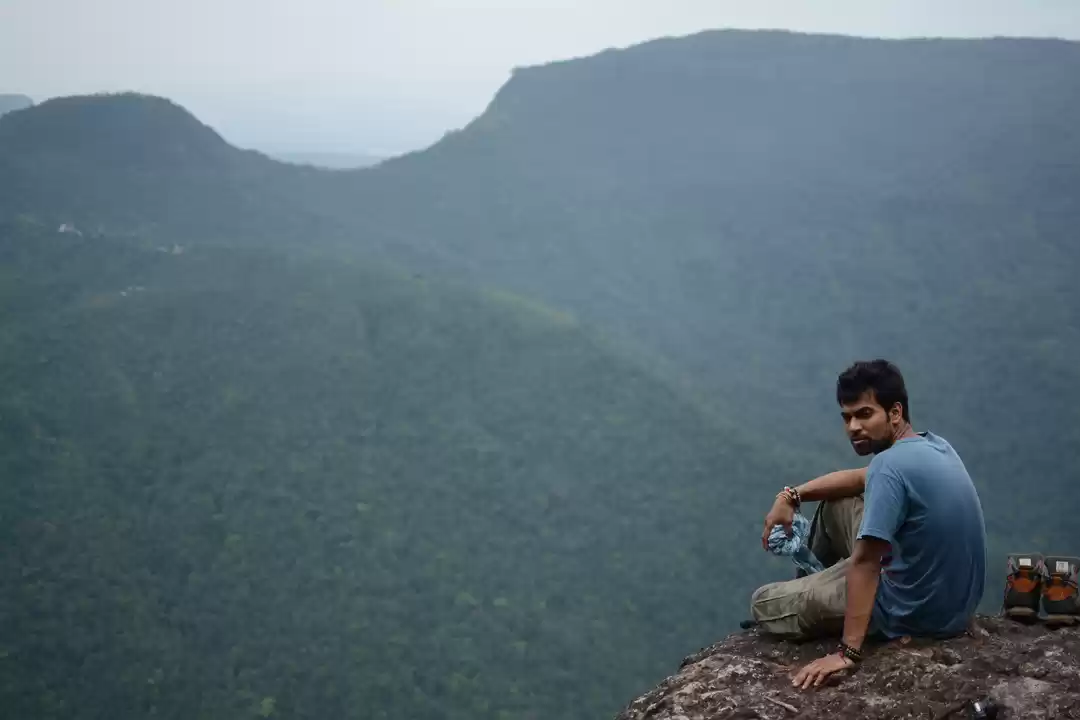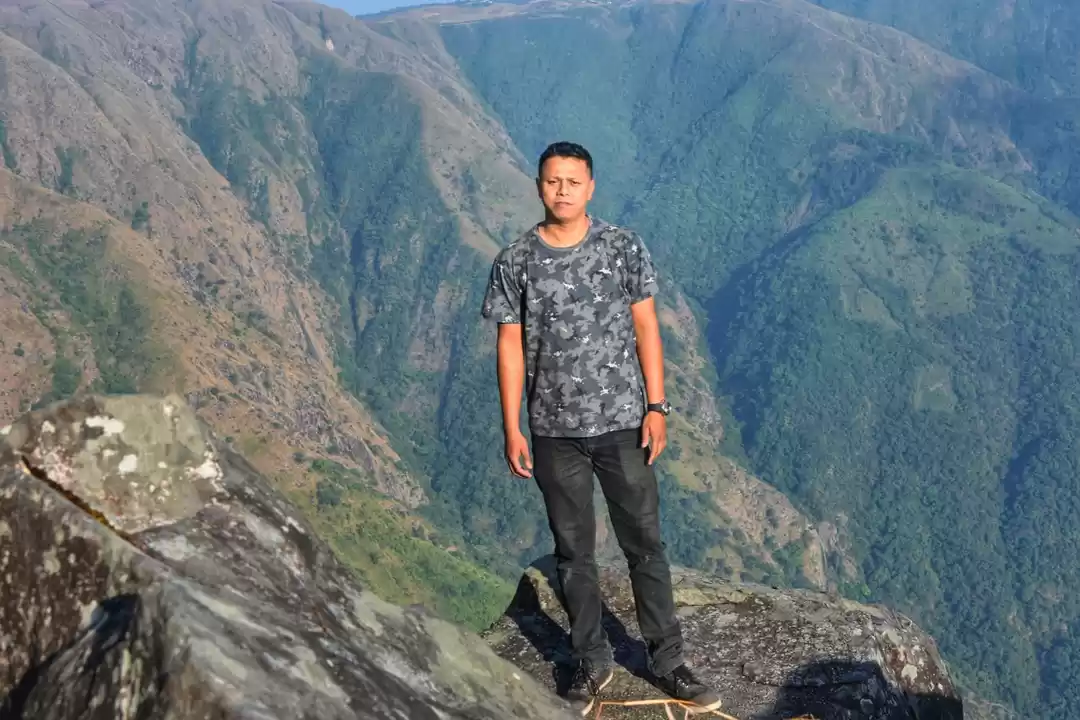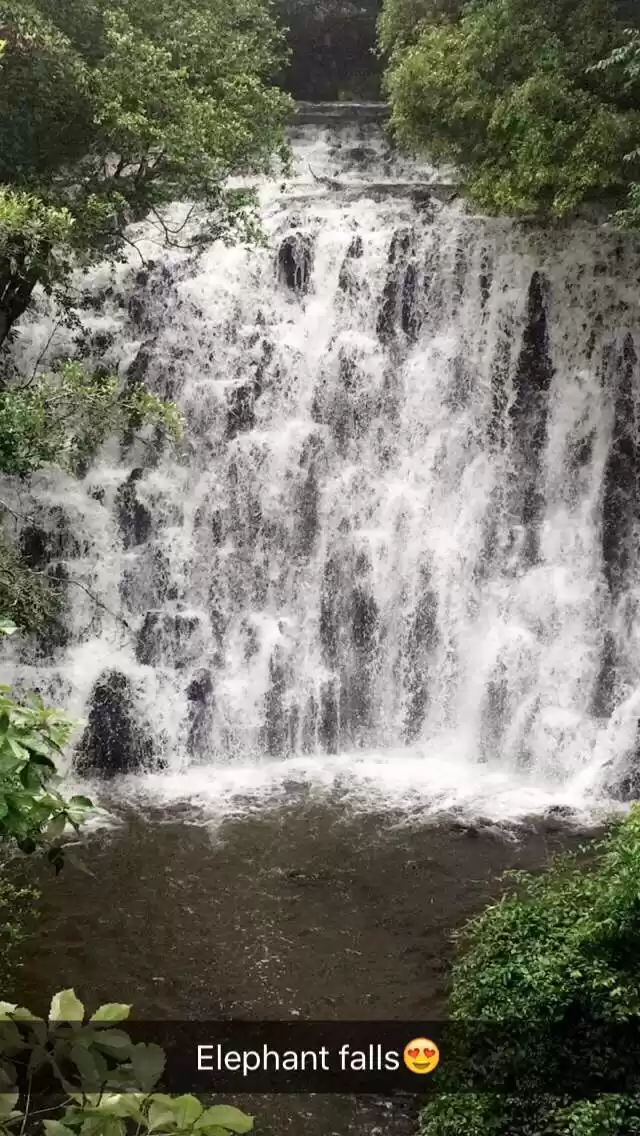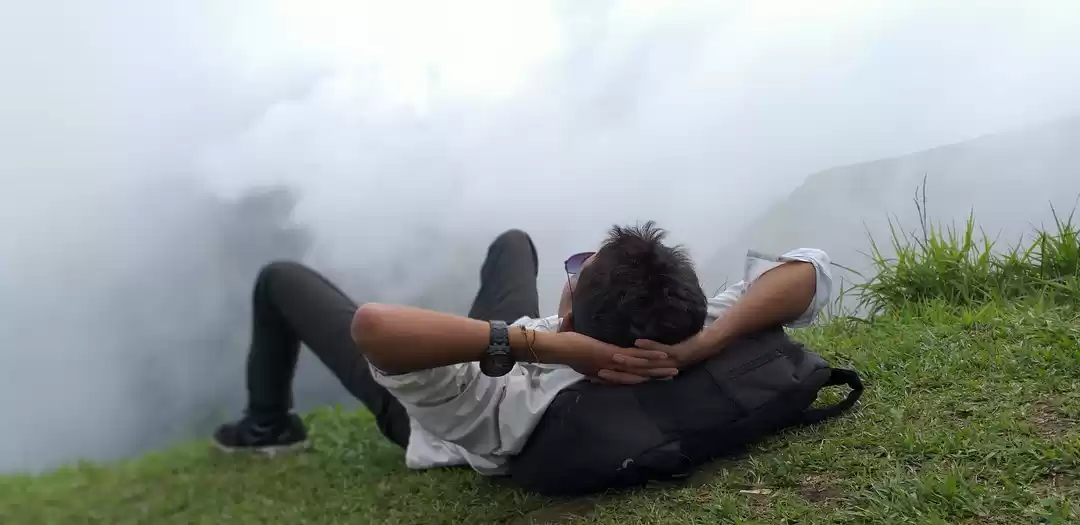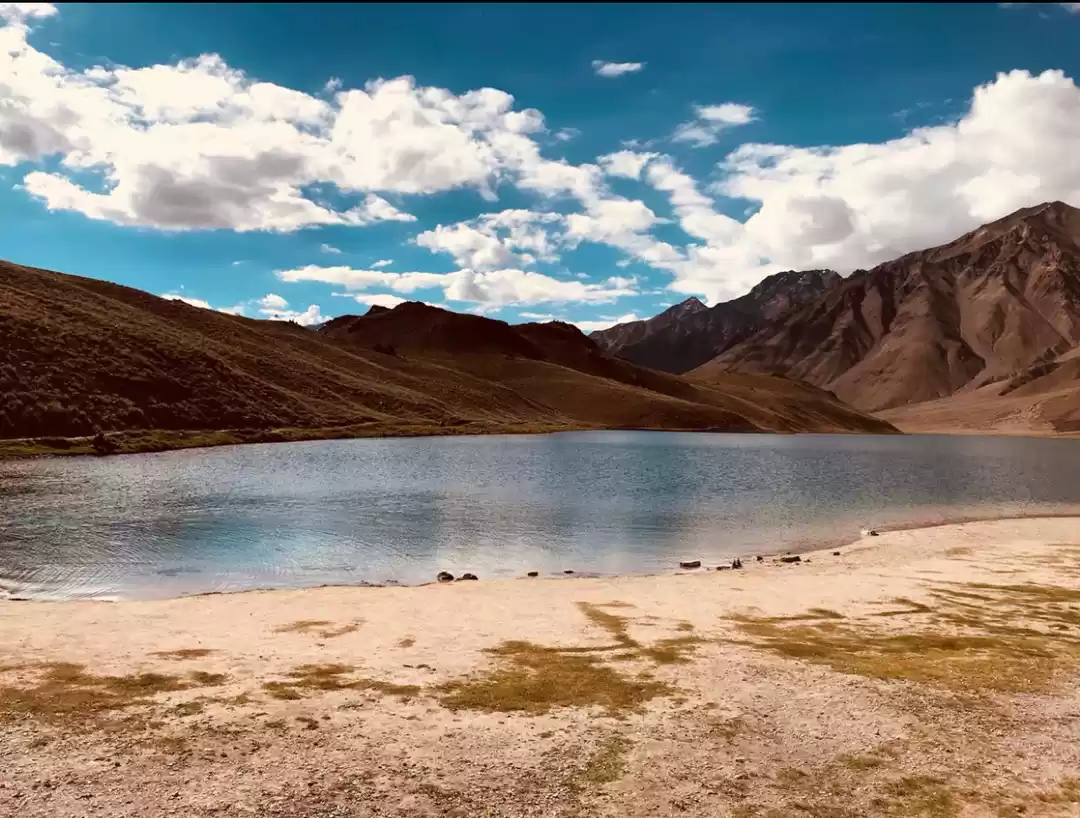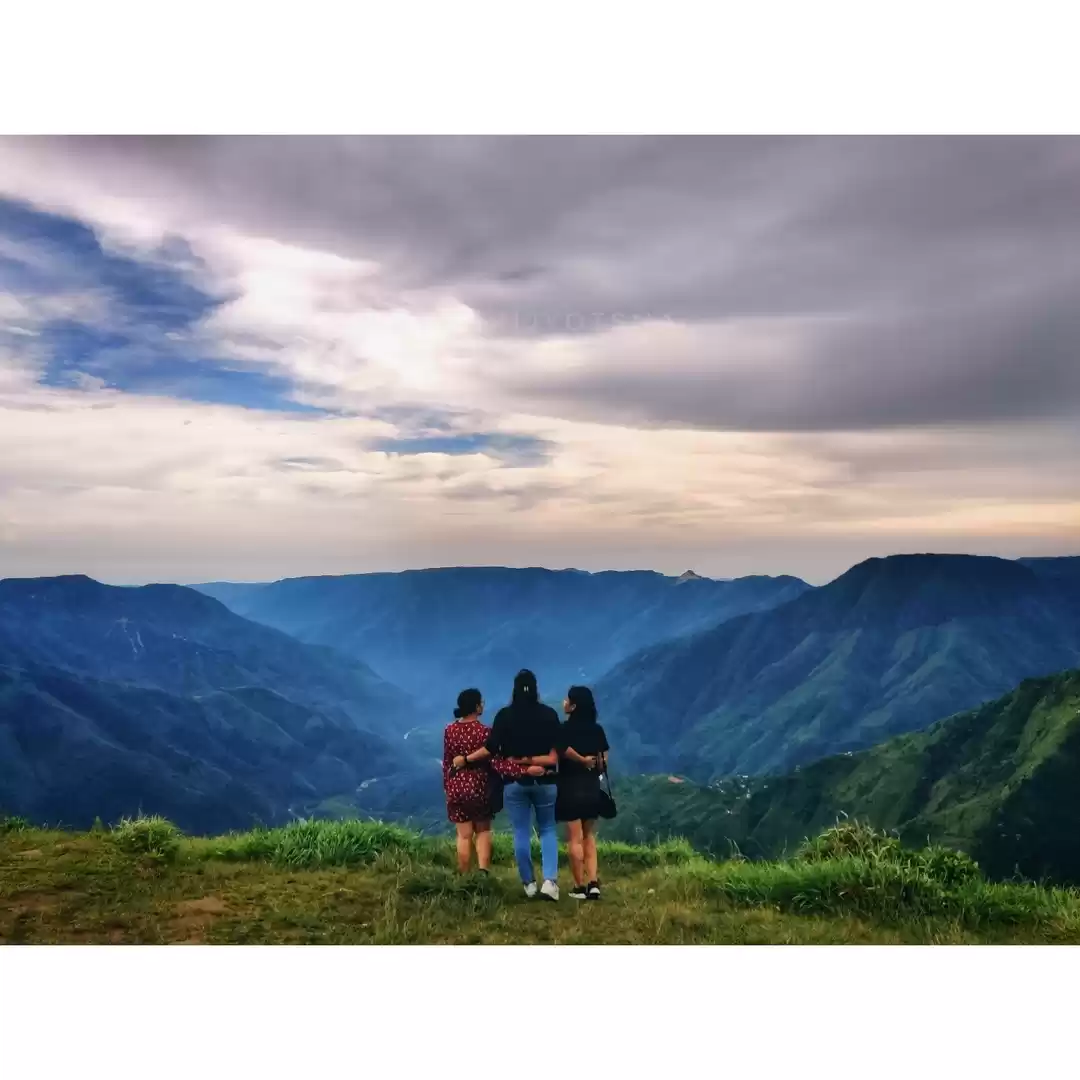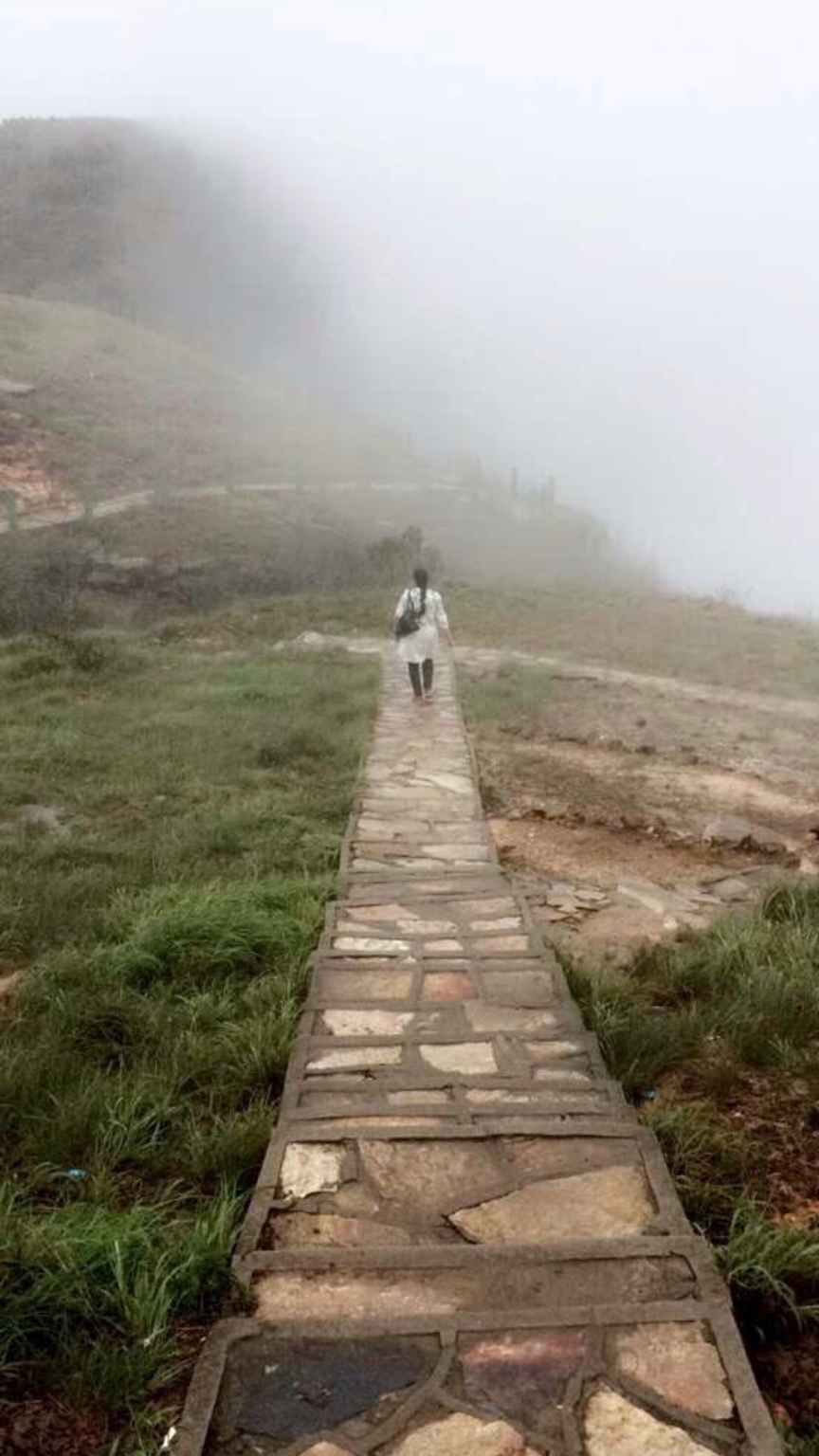
The street is dim and smooth. It has such a large number of turnings however once we climbed the twisting street through the pine shelters, from Shillong, there is an extraordinary change in the milestone. From pine forests it spreads into a perpetual whimsical level broken just by the immense break an extraordinary separation toward the west.Autumn in its prime, gave the sky a sky blue look. The level was wiped brownish aside from enthusiastic potato leaves in their second trimming. The sun was uncommonly high up and had started its searing assignment yet the cool wind continued fluttering the young lady's face, ceasing our vehicle. She more than once continued pointing her correct index finger on the other wrist. 'Quarter to nine', the driver yelled perusing her activity. 'Khublei', she answered. Her hesitant grin floated away in murkiness similarly as it came. She balanced her headgear, pulled her darker, soil smirched working cook's garment back to her neck, hunched down over a potato plant, hauled out a heap of stack and proceeded with her dreary task.The delightful spotted stones just add to the rancher's trouble. The greater part of the spots were fruitless aside from few very much trimmed potato ranches and some porch developed rice fields by the crystalline creek. As the breeze rings among the aging grains they tilted towards windward way and move to the musicality of pre-winter breeze. It was satisfying to watch.There were no structures yet some ineffectively assemble lodges and block houses along the street. The level isn't level as one would envision yet rather captured by glades and dim furrow at interims. The street was as yet a winding one however had limited. The energy didn't wan; each turn-there was something new in the highlights of the land.We ended by a peaceful pool. From that point we could hear the sloshing sound reverberated from close-by falls. They streamed down the crack into the crevasses and depleted down further to the huge plains.'I've been here-stormy season', the driver reminded me, indicating the seven sister's fall– a name taken from the seven conditions of North-East. Gleaming water streamed down and sprinkled on the stones white as cotton, bearing a little declaration of what it would look like when it rained unendingly for a considerable length of time. The driver disclosed to me that dilute sloshed from all sides amid the blustery season. The street which had limited further into a restricted street lay in remnants with broke, sprung up rocks strewn out and about. Not far off and where it counts the lofty precipice, we saw towns sticking to the slant. Cherapunji, once the capitals of the North-East India amid the British pilgrim control had little to brag. It is a tired town, left to the elderly and babies to take care of with chickens wandering uninhibitedly on this tuft. The town had a uninhabited look; a large portion of the elderly people off to the adjacent coal mines or block making and youngsters away for their examinations. A large portion of the structures show an old fashioned appeal, since quite a while ago passed on by the British. It is a home to one of the most established Church in North East. Made of etched stones, it has an old world appeal. The entryway is huge, made of red wood boards. The rusted church tower looked excellent and stunning against the blue sky. It would be putting it mildly to simply say that Christian preachers affected their way of life. The entry of Christianity denoted the beginning of a totally new time. Individuals here gradually grasped Christianity alongside numerous western societies. Endeavors were first made by William Carey in 1813 to proselytize the Khasis. In any case, the best and most vital effect was made by a Welshman named Thomas Jones when he touched base in Cherapunji on 22nd June 1841. Today he is known as the 'father of Khasi writing' for presenting composed Khasi by getting the Roman letter set. Christianity has significantly more achieving impacts than just religion. It reaches out to culture and in the fields of cultivating and education.I arrived in Cherapunji on a cloudless day. In spite of the fact that it was at one time the rainiest place and the second rainiest place now; on a dry day the warmth can be deceiving. The place looked so scanty that it could too be one of the driest spots. Despite the fact that Cherapunji got a normal precipitation of 11,777 millimeters the ground doesn't hold enough water to last a couple of months. All the dilute depleted from the level to the neglecting fields of Bangladesh. The level is at a rise of 1370 m over the ocean level. In any case, this sharp and differentiating geology is likewise the reason for the unremitting precipitation. The storm twist went through the fields of Bangladesh and it is met unexpectedly by the Khasi Hills. Profound crevasses filled in as the channel for the dampness loaded mists to merge. This brisk rise of the breeze from the fields to the level revived the way toward gathering mists into rain water.Cherapunji was initially known as Sohra. The administration of Meghalaya has renamed back to its unique name. Cherapunji is interpreted as, 'place where there is oranges' which again is misdirecting. There are not very numerous trees left presently, overlook oranges. The persistent procedure of soil disintegration has left Cherapunji dry and desolate. Their economy to an extraordinary broaden is reliant on coal mines. The rivulets were dazzling and generally striking. They streamed over significant lots of smooth dark colored rocks. At nightfall, a few puffs of dim mists floated in from western skyline and cast shadows over the town. Warm brilliant sunbeams infiltrating through the mists lit up the glade. The dusk was beautiful to observe. The sun sank down underneath the dark red skyline, and it started brilliant shading over the western sky. The mists were moving high and low. The breeze was blowing cool. No big surprise, it would rain again on this paradise yet we've taken off toward home with pack loaded with brilliant recollections.
